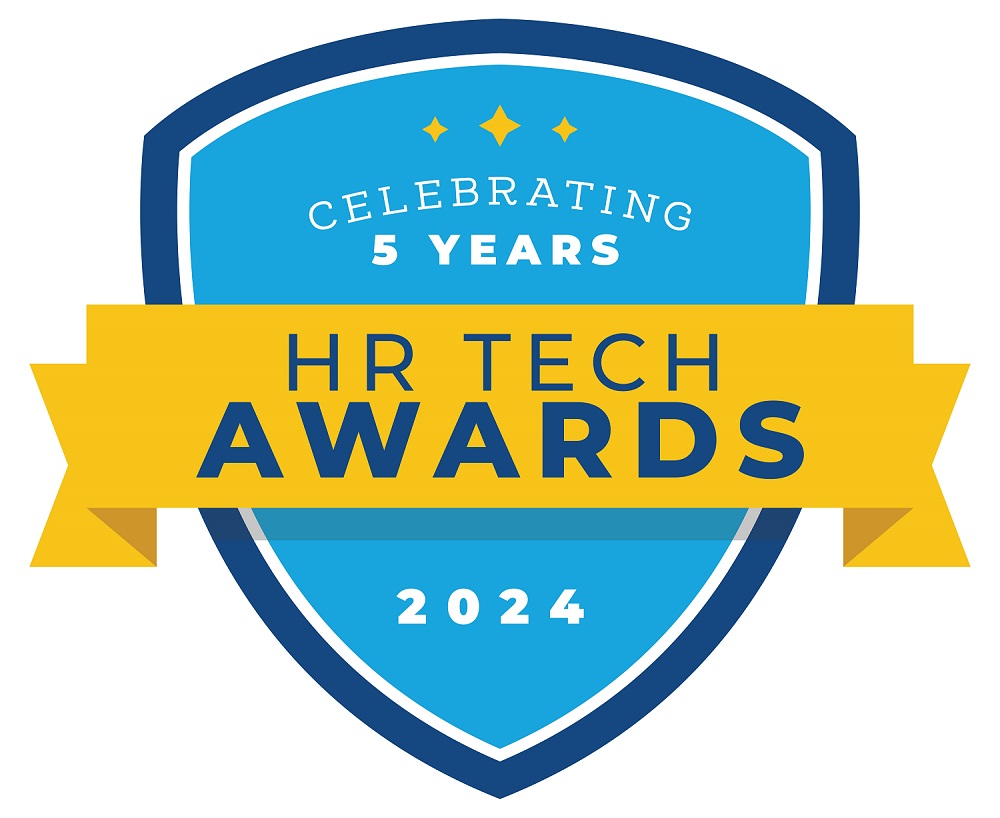Mercer: Redefining the Future of Work Through Human-Centered Transformation
Mercer, a business of Marsh McLennan, is a global leader in talent, health, retirement, and investment solutions. With approximately 25,000 employees in 43 countries and operations in 130 countries, Mercer is dedicated to helping organizations unlock sustainable growth by focusing on their people.
From world-class research to innovative solutions, Mercer leverages design thinking and evidence-based strategies to reimagine how work is done and how people experience work. Its cutting-edge tools, including the Skills Edge product suite, empower HR leaders to address critical challenges such as workforce agility, employee development, and the attraction and retention of top talent.
Mercer is a winner in the 2024 HR Tech Awards program. The following case study was a major contributor to Mercer’s entry and subsequent win. For more information, please visit HRTechAwards.org.
Case Study: Delta Air Lines Adopts a Skills-First Talent Approach
The Challenge: Inconsistent Job Architecture and Skills Integration
Delta Air Lines, a global leader in air travel, sought to enhance its talent programs by adopting a skills-first approach. The company faced several challenges:
- Inconsistent identification and integration of skills into jobs.
- Limited understanding of the skills held by employees and required for roles.
- Inefficiencies in global job postings and internal recruitment processes.
To address these challenges, Delta needed a trusted partner with expertise in skills-based talent strategies, job architecture, and compensation design.
The Solution: Mercer’s Advisory Services and Skills Edge Product Suite
Mercer partnered with Delta to co-develop a global job architecture and implement a skills-first approach. By leveraging Mercer’s Skills Library, Delta integrated validated skills directly into its job architecture and compensation designs. This effort was further supported by:
- Dashboard Visualizations: Enabled insights into transferable and adjacent skills across the organization.
- Consistent Job Profiles: Improved career pathing, attraction, and internal mobility.
- Skills Mapping: Connected learning and development programs to skills needed for career growth.
Mercer’s deep understanding of Delta’s culture and workforce ensured a seamless collaboration, delivering tailored solutions that aligned with Delta’s business objectives.
The Results: A More Agile and Competitive Talent Marketplace
With Mercer’s expertise and tools, Delta achieved transformational results:
- Validated Skills: Skills were mapped to jobs, enabling more efficient succession planning and internal recruitment.
- Employee Growth: Employees gained a clearer understanding of their skills and career opportunities, fostering greater career flexibility and development.
- Enhanced Talent Programs: Skills-based programs connected learning and development with career aspirations, driving engagement and retention.
- Business Alignment: Workforce capabilities were aligned with strategic business goals, improving organizational agility and competitiveness.
Conclusion: Driving Business Growth Through Skills-Based Strategies
Delta Air Lines’ partnership with Mercer exemplifies the power of a skills-first approach to talent management. By integrating skills into its job architecture and leveraging data-driven insights, Delta built a stronger, more agile talent marketplace, ensuring the organization remains competitive in a rapidly evolving industry.
For organizations seeking to address skills gaps and drive sustainable growth, Mercer’s solutions offer a proven path to success.


